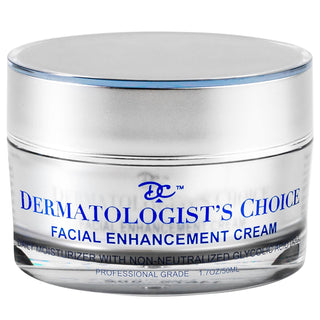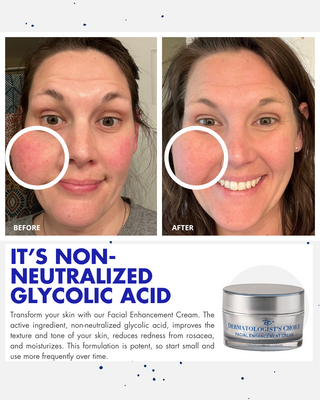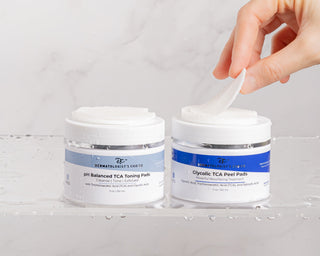
What determines whether a cut will turn into a scar?
The depth of the cut (how deep the cut) will determine whether a cut will turn into a scar. Anytime you get a cut 100% of the time it will scar, but if it isn't very deep then it's less noticeable or not noticeable at all. Other important variables that contribute to whether a cut will turn into a scar is how well the cut is stitched/sewn together and the skin's tension as it relates to the width of the cut. The wider the cut the greater the chances of a scar developing because of the skin's natural tension as the skin heals.
Are some people more likely to get scars than others?
Yes, it is simply based on a person's genetics.
What is a keloid scar?
A keloid is a thick raised scar. A keloid scar is developed when the collagen in the skin has over reacted when healing. It is also up to genetics if you get a keloid scar. If you burn something off as part of a dermatology clinic treatment, it is more likely to get a keloid because the cut is deeper.
Who is most likely to get them?
Typically, keloid scars are more common for African Americans but it is all up to genetics.
Are they something to be concerned about?
No. It is just scar tissue.
Sometimes after a patient receives a surgery the skin heals with a raised area, but not a keloid. Some people who develop keloid scars can experience irritation such as an itch on the skin as the result of the keloid pulling on a nerve.
For people who have scars, are there products that can safely help scars fade, and, more importantly, how can people learn to accept their scars?
The most important thing that can heal the scar is T I M E. time allows the skin to regenerate itself. Patients interested in faster results can also get steroid injections at the dermatologist office to fade a scar's appearance. There are several over the counter products on the market but I recommend time or injections for more efficient results. Moisturizing daily can help minimize the appearance of scars.
If you have a scar and a question, we'd be happy to help! Email us at help@dermchoice.com














